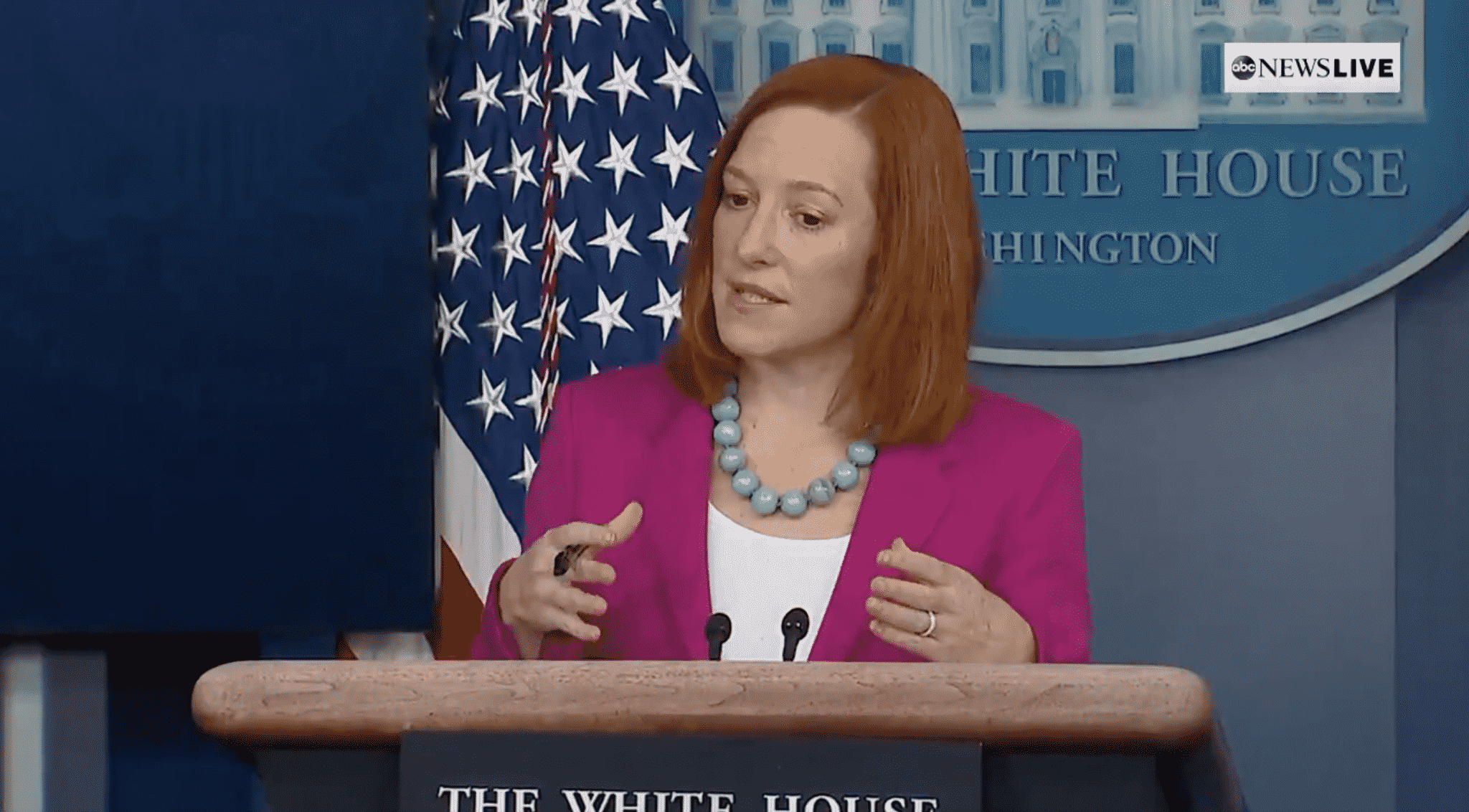President Joe Biden is pushing Congress to pass a $1.9 trillion COVID-19 relief bill. Still, Congressional Republicans are not eager to approve another massive spending bill, which could make it harder for lawmakers to approve another aid package.
Democrats have a majority in the House and can likely pass legislation without Republican votes. However, the Senate is split 50-50, and most legislation requires 60-votes to pass, meaning 10 Republicans would have to vote for the bill.
Congressional Democrats are suggesting they can move forward on the relief bill without Republican support by passing it through the budget reconciliation process, which would only require 51-votes and cannot be filibustered.
Even if Democrats choose to take the budget reconciliation route, White House Press Secretary Jen Psaki argues that does not preclude Republicans from voting for it.
“The president wants this to be a bipartisan package, regardless of the mechanisms. Republicans can still vote for a package even it goes through reconciliation,” she said during her daily press conference.
She continued, “There’s no blood-oath anybody signs. They’re able to support it regardless. And he wants this to be a bipartisan package. He’s listening to Democrats and Republicans, we all are, to ensure that that’s what it looks like at the end of the day.”
Watch the video below:
"The president wants this to be a bipartisan package, regardless of the mechanisms. Republicans can still vote for a package even it goes through reconciliation," Press Sec. Psaki says in response to @marykbruce on reconciliation. https://t.co/mp9bQ74Kb1 pic.twitter.com/V7uvyzAfm0
— ABC News Politics (@ABCPolitics) January 28, 2021
Psaki continued to say she does not believe Democrats will have to choose between passing a bipartisan bill or passing a relief bill quickly on a party-line vote.
Senate Majority Leader Chuck Schumer (D-N.Y.) said that the Senate “as early as next week, will begin the process of considering a very strong Covid relief bill.”
“Our preference is to make this important work bipartisan, to include input, ideas, and revisions from our Republican colleagues,” he continued.
He added, “But if our Republican colleagues decide to oppose this urgent and necessary legislation, we will have to move forward without them.”

























 Continue with Google
Continue with Google